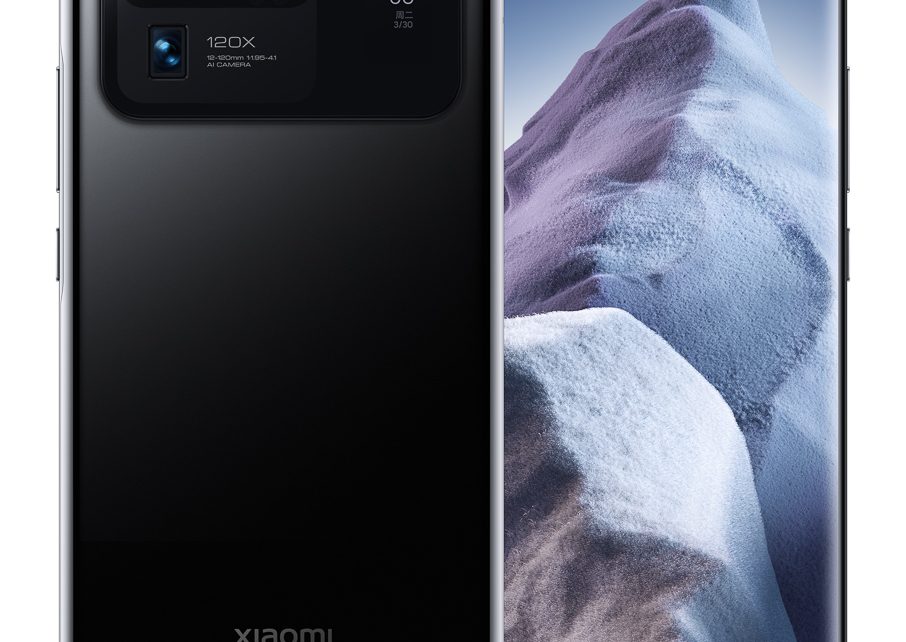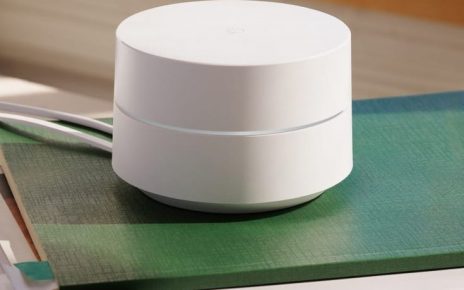-

The Xiaomi Mi Ultra. [credit: Xiaomi ]
Following the leak in February, Xiaomi’s Mi 11 Ultra went official today. This phone’s main claim-to-fame is the inclusion of a second display tucked away in the camera bump. Plus, now that the official specs are out, we can see that “world’s largest camera bump” also houses one of the world’s largest smartphone camera sensors, the Samsung GN2.
The base specs are on the high end for a high-end 2021 Android phone: a 120Hz, 6.81-inch, 3200×1440 front OLED display, a Snapdragon 888, 12GB of RAM, 256GB of storage, IP68 dust and water resistance, Android 11 with MIUI, and a 5000mAh battery. Xiaomi offers 67W wired and wireless charging, which, along with OnePlus, is a tier above most other phones. Xiaomi touted the 5000mAh battery as being a “silicon-oxygen” battery, although the company failed to point to any serious benefit from its new battery formula. There’s also Wi-Fi 6E, which greatly expands the capacity of Wi-Fi by adding 6GHz spectrum alongside the existing 2.4Ghz and 5GHz bands.
On the back, you get a 1.1-inch, 126×294 display with touch support. Xiaomi says the rear display supports an always-on display mode showing the time, date, and notifications. It can also act as a tiny little viewfinder for rear-camera selfies. There are three rear cameras, but the big news is that the main camera features a Samsung GN2 sensor. This is a giant 50MP, 1/1.12″ sensor, with a 1.4μm pixel size and quad pixel binning. The 1/1.12″ sensor size means modern smartphones are finally starting to match the Nokia 808’s hardware, a groundbreaking camera phone released all the way back in 2012. The 808 also had a 1/1.12″ sensor with a 1.4μm pixel size, and despite being 9 years old, is still able to stand up to modern devices.





